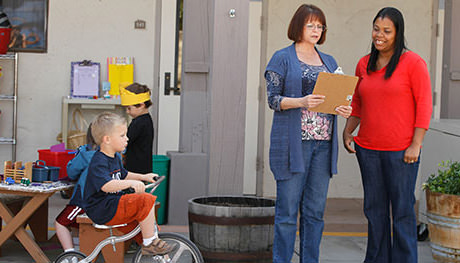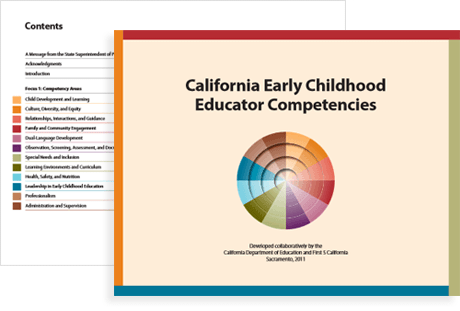Action is the test of what you know and can do. It is where you see the results of reflection and self-assessment. The CompSAT protocol, Keys to Reflection and Inquiry, is designed to help you formulate good questions, pursue inquiry, and take action to improve your daily practice. The results of your actions provide evidence of your professional growth, and hopefully, spur you on to generate more questions and take further action. Action and reflection are essential to the processes of growth and change.


Early childhood educators are often the first to notice a child who is developing differently from other children in their care. Likewise, a child care provider may be the first person family members approach with their concerns. When you have carefully observed and not found effective interventions, the next step involves finding a screening specialist, along with ways to foster the child's ongoing sense of belonging. Beyond the family's expertise, advice from the child's pediatrician, a therapist, or other specialist may prove useful.
Recall a time when you wondered whether a child's behavior and development was unlike other children's, seemed atypical, and/or interfered with the child's program participation and play.
Use this template to record your observations, thoughts, and feelings. Download the Template
Review Performance Area 2 to deepen your understanding of Screening and Referral in the CA ECE Competencies. Scroll to page 54.
Can you find other places in this competency area that address your interests and needs?

To explore this topic further, view the videos in the competency area, Special Needs and Inclusion.
View the Early Childhood Information Sharing Toolkit on the California Department of Public Health web site.
For more exploration about how IEP and IFSP goals can be integrated into your curriculum, visit the "Examine the Environments" Key for Reflection and Inquiry in the Special Needs and Inclusion competency area.